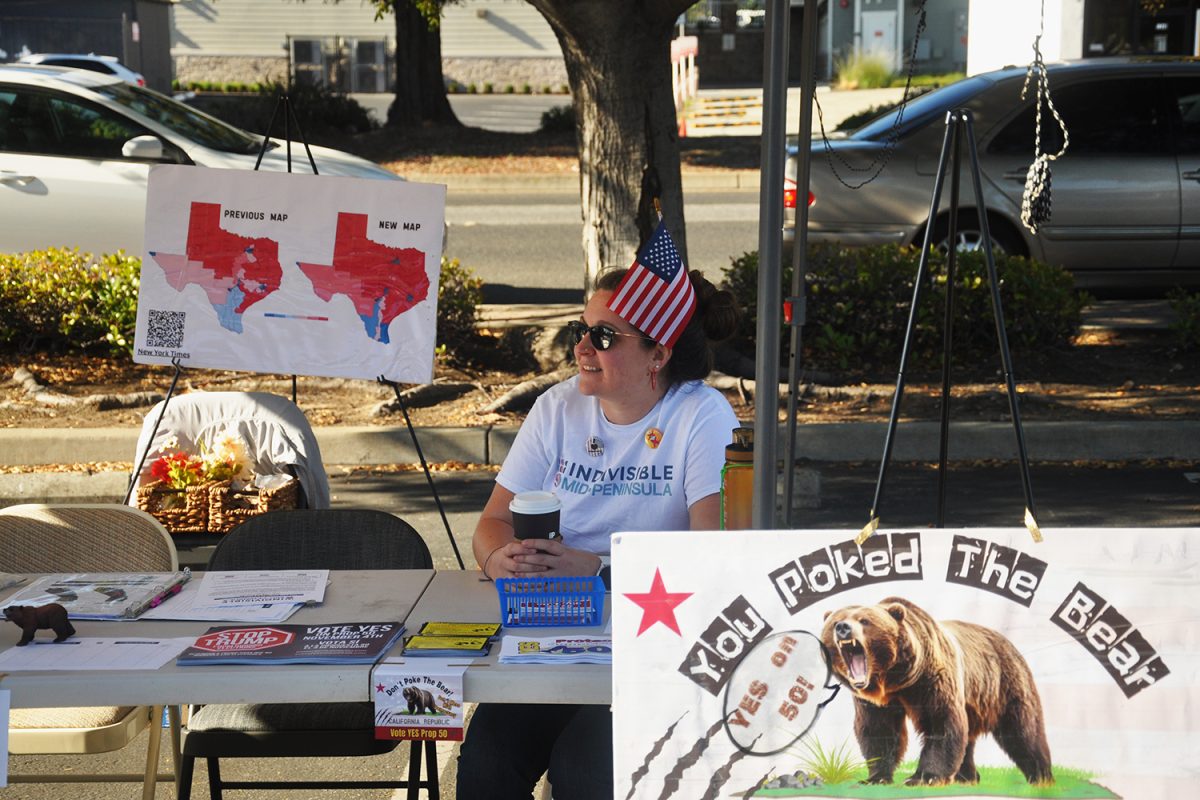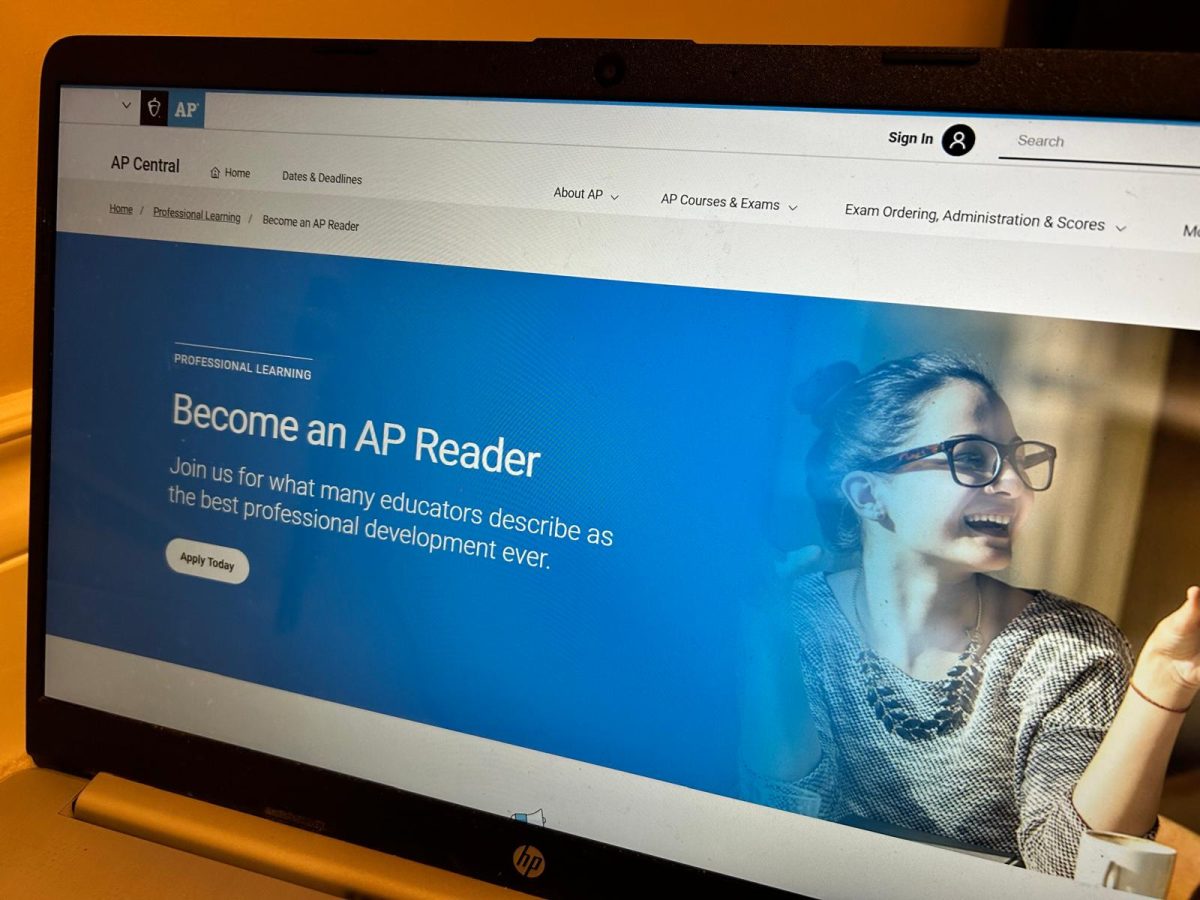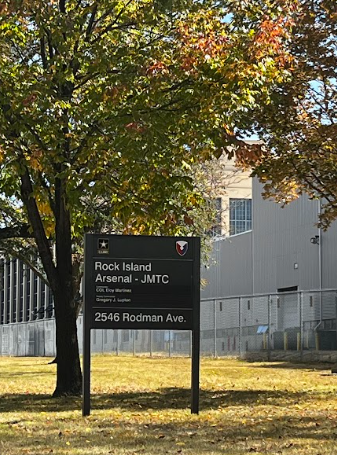Supreme Court to hear Affirmative Action lawsuits; WFU will remain committed to diversity
The admission’s office says that the value it places on a diverse campus will not change
November 2, 2022
Correction Oct. 31: The lede of this story has been updated to more accurately reflect the Office of Admissions’ position that its values will not change when it comes to admissions.
Despite the Supreme Court hearing a challenge to affirmative action on Oct. 31, Wake Forest’s Office of Admissions assured the Old Gold & Black that it will remain committed to the values of inclusivity.
Three lawsuits were filed against Harvard University, the University of North Carolina at Chapel Hill and the University of Texas by the anti-affirmative action group Students for Fair Admissions (SFFA).
Affirmative action is a set of policies implemented primarily within higher education and employment. The primary purpose of these policies is to encourage the inclusion of individuals of historically underrepresented groups. This includes minority populations in the context of gender, race, sexuality or ethnicity.
Those who oppose affirmative action say that these practices run afoul of the 14th Amendment’s Equal Protection Clause (in the case of public universities like UNC-Chapel Hill and the University of Texas) and Title VI of the Civil Rights Act of 1964 which prohibits private institutions that receive federal funds (like Harvard or even Wake Forest) from discriminating on the basis of race.
No matter what the Supreme Court decides, Wake Forest Admissions told the Old Gold & Black that they remain committed to creating a diverse community.
“We do not know if and how the Supreme Court may reinterpret its position on affirmative action,” Eric Maguire, Vice-President for Enrollment at Wake Forest Admissions, said.
He continued: “Throughout the past several years, our admissions and financial aid offices have contributed to a campus community that is increasingly diverse and one that values inclusion and belonging. I don’t foresee that value changing with any potential reinterpretation of affirmative action.”
The justices will hear arguments in Students for Fair Admissions v. President and Fellows of Harvard College (No. 20-1199) and Students for Fair Admissions v. University of North Carolina (No. 21-707).
Students for Fair Admissions, founded in 2014 by legal strategist Edward Blum, argues against the practice of affirmative action programs on the basis that it gives an unfair advantage to these minority populations.
While anti-affirmative advocates insist that considering race as one factor in the admission process might encourage implicit discrimination, some Wake Forest faculty recognize that it is too early to circumvent race.
Nate French, a part-time assistant teaching professor in the Department of Communication, worked in admissions at Wake Forest from 1995 to 1997. He is also the director of the Magnolia Scholars Program, which enrolls and encourages approximately 30 first-generation domestic students in each class through graduation.
“I am worried that the Court is acting as if America doesn’t have a race issue,” French said, “I think that’s false. Diversity continues to be valuable, but I also see that a lot of institutions are going to enroll certain percentages of people on their own with or without the Supreme Court, because they have found value in having a diverse student body.”
Carol Torres, the advisor of First in the Forest, a pre-orientation program focusing on first-generation college students, shares French’s sentiment.
“I understand the anti-affirmative action group’s mentality of wanting to remove race from consideration because they start to move towards equality, but I don’t think that should be our end goal,” Torres said. “I think our end goal should be equity and more consideration should be given to those minority groups.”
At UNC-Chapel Hill — one of the universities involved in the lawsuit — students formed a group called “UNC for Affirmative Action” that raises awareness about the importance of affirmative action. No such group exists at Wake Forest; however, students from a variety of backgrounds voiced their concerns about the potential impact of the affirmative action case by the Supreme Court.
“I feel like on the grand scale, affirmative action is the thing that makes every institution hold each other up,” junior Vianney Manjarrez, a first-generation student, said. “I think the big push to diversity and inclusion in higher education happened because of affirmative action. If it drops, then there might be no longer anything to abide by.”
Junior Jaden Drudge does not view affirmative action as a positive policy as he believes it forces university admissions to place more emphasis on a person’s race than their merits.
“Affirmative action rewards and punishes people not based on their merits, but their race, which is completely unjust,” Drudge said. “People today of certain races are being punished to make up for past acts of discrimination that they didn’t commit, while others are being rewarded not for their individual efforts or abilities but for their race. Affirmative action reduces people to their color, which is ironically what this failed program was intended to prevent.”
SFFA claims that the policy discriminates against other racial groups, yet some students still think affirmative action benefits applicants from a variety of underprivileged backgrounds. Lower-income students may be benefitted by these procedures since they are more likely to have less access to tools for academic success, such as tutors and updated education materials.
“I still support affirmative action because it opens up a door for low-income marginalized students to be able to apply to PWIs (predominantly white institutions) like Wake Forest,” said freshman Kevin Nguyen, “Many Asian American students who are against affirmative action still coming from privileged backgrounds where they have the resources readily prepared for tests and essays.”
Nguyen stated that his high school did not offer standardized test preparation for the SAT and ACT — a resource that might have been more readily available to students attending preparatory academics or students with access to paid tutors. In being test-optional, universities are enacting a policy of affirmative action because they are decreasing the likelihood of discrimination based on whether the student can afford access to resources.
Following the Supreme Court’s deliberation, you can visit https://www.supremecourt.gov/oral_arguments to view the transcriptions of the oral arguments. Cases heard on Oct. 31 will likely be decided in June of 2023.
This story was originally published on Old Gold & Black on October 20, 2022.


































